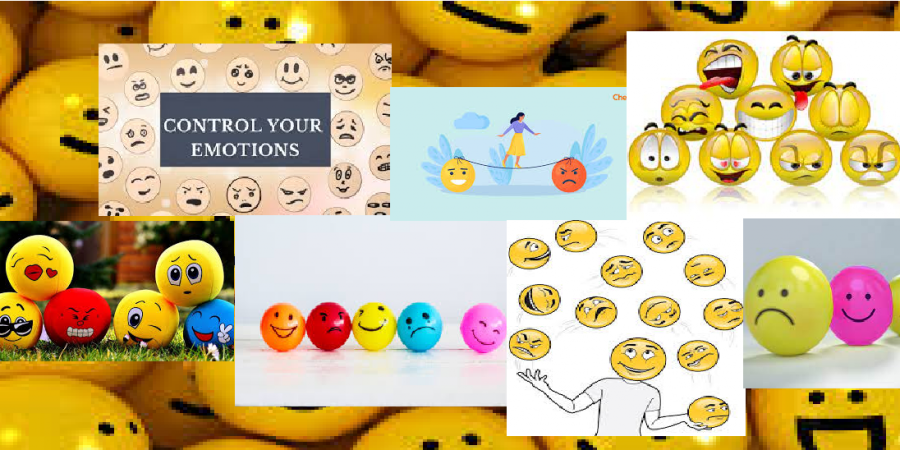

In a world where stress, anxiety, and frustration often seem to be around every corner, mastering emotional control is more important than ever. Whether it's a challenging work situation, a personal relationship issue, or the daily grind of life, our emotional responses can significantly impact our well-being. But what exactly is emotional control, and how can we develop it?
Understanding Emotional Control
Emotional control, or emotional regulation, refers to the ability to manage and respond to emotional experiences in a balanced and constructive manner. It doesn’t mean suppressing emotions or pretending they don’t exist, but rather acknowledging them and choosing how to react. This skill is essential for maintaining mental health, building strong relationships, and achieving personal goals.
The Benefits of Emotional Control
People who can control their emotions tend to be more resilient, adaptable, and successful in various aspects of life. They can handle stress better, make rational decisions even under pressure, and maintain healthier relationships. Emotional control also leads to a more profound sense of inner peace, as it prevents the rollercoaster of unchecked emotional reactions that can lead to regret or long-term stress.
Strategies to Enhance Emotional Control
Self-Awareness: The first step towards emotional control is self-awareness. Understanding your emotions and what triggers them is crucial. Keep a journal to track your emotional responses and identify patterns that can help you anticipate and manage your reactions better.
Mindfulness Practices: Mindfulness involves staying present in the moment and observing your thoughts and feelings without judgment. Techniques like deep breathing, meditation, and yoga can help you develop a mindful approach to your emotions, allowing you to pause before reacting impulsively.
Cognitive Reappraisal: This strategy involves changing your perspective on a situation to alter its emotional impact. For instance, instead of viewing a difficult task as overwhelming, see it as an opportunity to learn and grow. This shift in thinking can significantly reduce negative emotional responses.
Stress Management: Since stress often triggers emotional reactions, managing stress is key to emotional control. Regular exercise, proper sleep, and a balanced diet can keep stress levels in check, making it easier to manage your emotions.
Emotional Intelligence (EQ): Building your emotional intelligence—your ability to understand and manage your own emotions, as well as recognize and influence the emotions of others—can greatly enhance emotional control. Practicing empathy, active listening, and effective communication are all components of EQ that contribute to emotional regulation.
Conclusion
Mastering emotional control is a journey that requires practice, patience, and commitment. By becoming more self-aware, practicing mindfulness, rethinking your perspectives, managing stress, and building emotional intelligence, you can gain greater control over your emotions. This not only leads to improved mental health but also fosters stronger relationships, better decision-making, and a more peaceful, fulfilling life.
